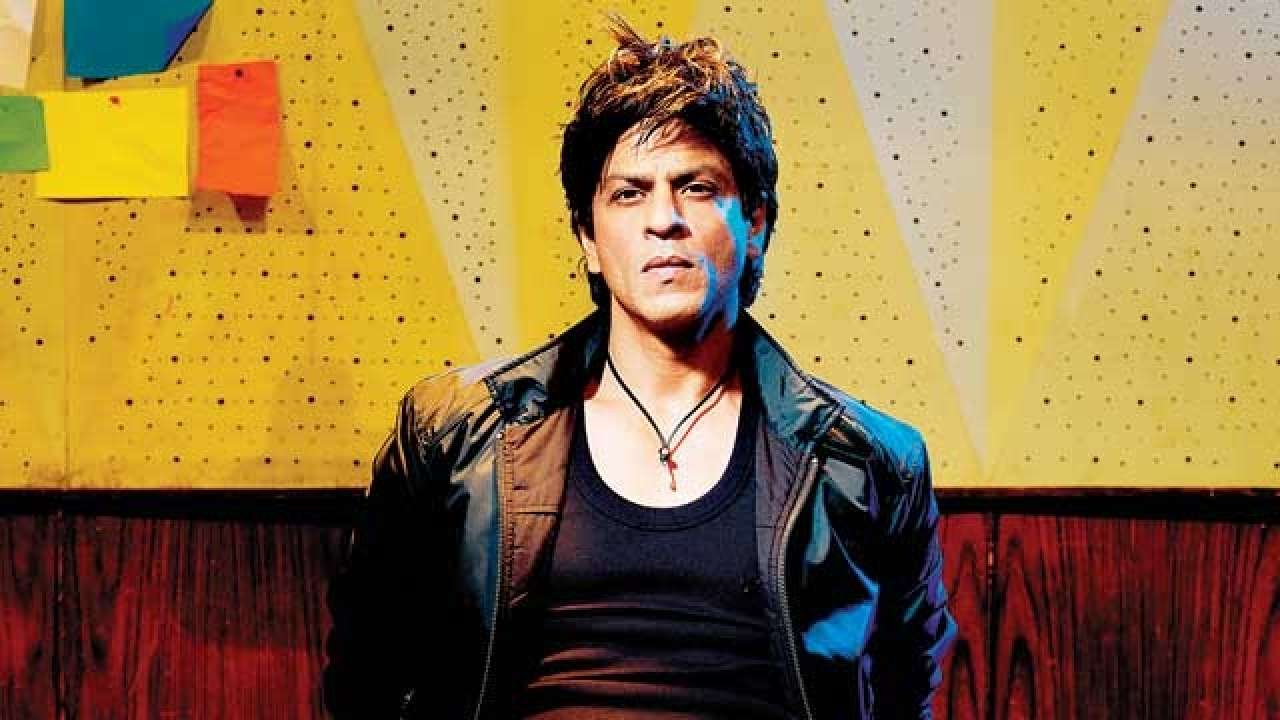
- Select a language for the TTS:
- UK English Female
- UK English Male
- US English Female
- US English Male
- Australian Female
- Australian Male
- Language selected: (auto detect) - EN
Play all audios:
Wandering down Hollywood Boulevard late Friday night, the handful of Soviet rock ‘n’ rollers--certainly strangers in a strange land--paused momentarily to gape good-naturedly at a pair of
ultracurvy Angelenas. Leonid Makarevich--keyboardist for the Moscow-based rock quintet Avtograf, which is making its Los Angeles debut tonight at the Roxy--swung his head around in mock
disbelief at the women’s decidedly Western clothing, while singer Artur Berkut’s blond eyebrows shot up past his hairline. Commented drummer Viktor Mikhalin, the band’s self-appointed
resident caustic wit, in English: “Life on the road for a rock band is the same the world over, you know. . . .” Visiting this country for the first time in their more than eight years of
existence, Avtograf seems to take seriously the mantle of pop representatives of Soviet leader Mikhail Gorbachev’s philosophy of _ glasnost_ (openness). All was politeness, good humor and
harmless high jinks as the five Soviet musicians went on an old-fashioned if regimented club-crawl Friday: an uproarious dinner at a Chinese restaurant followed by fly-bys at two local rock
outlets. Lingering coughs and sniffles were the detritus of a flu bug that had swept through the band just after leaving Moscow a week ago and persisted through concert dates in New York and
Washington. But the mood of the fivesome had been merry since they touched down in Los Angeles on Thursday, they said. “We have been waiting a long time to get here, where so many of the
pop records are recorded and produced,” said bassist Lyonya (the Russian nickname for Leonid) Guitkin, as he puzzled out a serving of _ mu shu _ pork. “It was important for us to come and
play where the industry is. We want American people to see we are not joking around with rock in the Soviet Union.” The band members’ earnestness was refreshing in comparison to more jaded
American outlooks, but then Avtograf and its musical comrades have a much harder road in the Soviet Union, where non-traditional, Western-oriented pop is only beginning to find official
acceptance. (See accompanying article.) “There are the theater, showy aspects to what we do--that is very much part of it,” said Makarevich, whose intellectual appearance and careful English
were offset by a certain roguishness. “But all the time we must believe pop music is important, and that Soviet people must get a chance to hear it--us and other groups. They must be given
a choice.” The American prerogative of choice--in food, in music and in all other consumer goods--cropped up frequently Friday night. Sasha Sitkovesky, Avtograf’s gregarious, self-effacing
guitarist, stood amazed before a ticket broker’s shop, marveling at all the different shows one could see. “What, they are all performing in Los Angeles at once?” he asked. Upon receiving an
affirmative answer, Sitkovesky grinned. “I do not think I would rehearse much if I lived here,” he said. The guitarist had also been the chief mock-complainer when plate after plate after
plate of Chinese fare was brought to the groaning rockers. (After the fourth entree, the band took up a football game-styled chant: “No more food! No more food!”) The quintet was on much
firmer cultural ground in Crayons and Club Lingerie, the two clubs the band popped into. Here was a situation to which the band could relate: a stage, a bar, an appreciative audience and a
band, working. “Ah, now this makes sense,” muttered Berkut in Russian upon stepping into Crayons, the restaurant-club in the Westside Pavilion where Top Jimmy & the Rhythm Pigs were
cooking up an R & B number. “Um, excepting the decorations,” Berkut added in English, gesturing toward the club’s Godzilla-meets-the-neon-monster decor and nattily-dressed patrons. The
five Soviet rockers listened raptly to their American counterparts, a booted foot tapping here and a head nodding there. But clearly Avtograf was less than impressed with notorious L.A. wild
man Top Jimmy’s rather carefree stage demeanor. “He dresses like that . . . to _ perform_ ?” asked Mikhalin incredulously. “I would not dig ditches looking like that (the Topper was wearing
a ripe T-shirt, jeans and engineer boots). Is so . . . disrespectful to the audience.” “Comfortable, though, without doubt,” added Makarevich, smirking. The more ample size of Hollywood’s
Club Lingerie--and its decidedly more leather- and Spandex-outfitted clientele--struck Mikhalin as “right,” somehow. “This is what I was expecting to find,” he commented, watching a trio of
minimally clothed young women boogie down to the D.I.s’ blues-rock sounds. “It would be interesting to play for an audience like this,” he added. Told that Hollywood rocker types might well
show up at their Roxy show, Mikhalin nodded and said, “That will be an experience.” Later, riding back in the band’s rented van through the Los Angeles streets, Sitkovesky looked out the
windows, shook his head and declared, “You have no idea, how different all this is from Moscow, from Leningrad. It sounds perhaps silly to say it, but we live in very different countries. It
is good we are at last learning to respect those differences, instead of ridiculing them.” The philosophy came to an abrupt halt when “Force Ten,” a song by the Canadian group Rush, came on
the van’s stereo. “I _ love_ this song!” cried Guitkin. “Turn it louder!” MORE TO READ






